There could be a fresh outbreak of the Zika virus in the Americas as the weather heats up and the mosquito population blooms.
Last year in February, the disease was declared a "public health emergency of international concern" by the World Health Organization, and the United States is not exempt from this. While there are some mosquitoes in the States that spread Zika, most cases here are from residents who've come back from travels abroad.
Current worldwide areas of concern for US travelers include Cape Verde, Mexico, Singapore, and multiple countries in the Caribbean, among others, and the Centers for Disease Control and Prevention (CDC) has issued travel notices for all of these places.
As of March 29, 2017, 5,182 instances of Zika have been reported in the US since January 1, 2015, according to the CDC (not counting US territories). Florida has had the most instances in the US with 1,114 cases, while New York is in second place with 1,016 cases. Most of these cases were from travelers returning to the US after visiting a country of concern. Thus far, 222 people have been infected with the virus in US states, which has so far been isolated to Florida (216) and Texas (6).
The virus infects nerve cells and slows cell growth in developing brains, causing cell abnormalities and cell death. The symptoms a person may experience once they have contracted the disease include fever, rash, joint pain, and red eyes.
Some people don't have extreme symptoms and doctors have labeled these "mild." However, cases of Guillain-Barré syndrome, where a person's immune system attacks their own nerves, have also been reported.
The Threat
Babies born to infected women could have microcephaly, which causes them to have small heads and nervous system disorders. Others have vision problems, as well as issues with limb development, hearing, digestion, and breathing. The CDC reported in early March that there has been an estimated 1,900% increase in such defects in the US when comparing last year's Zika-related birth defects to ones in 2013–2014.
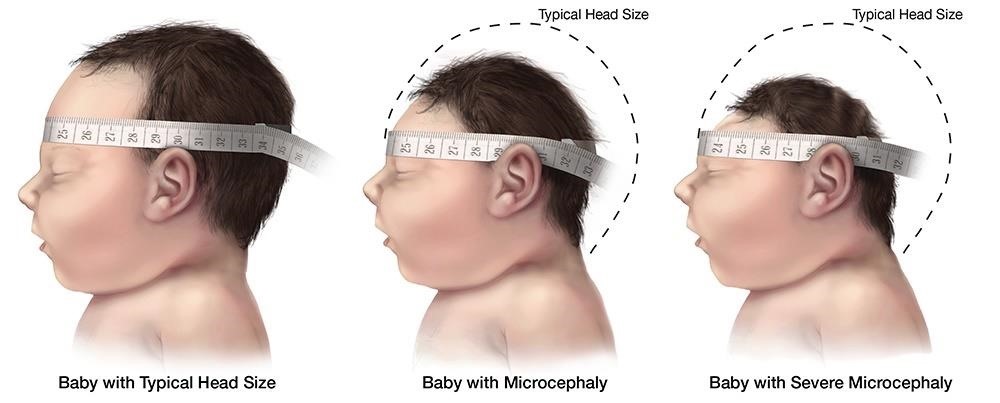
The neurological disorders triggered by the virus have been decreasing across the Americas recently as mosquito numbers dropped. Now, as things warm up, there's an increased risk that Zika could start spreading in the US through mosquito populations.
How Zika Is Spread
The main worry here is that local mosquitoes will bite an infected person, pick up the virus, and then bite someone else and spread it.
The biggest threat to this is a booming mosquito population: as summer nears, the virus may rear its ugly head again. The Aedes aegytpti mosquito primarily feeds on humans while the Aedes albopictus will feed on both animals and humans. Both variations are already in California and other warm southern states.

The worry is that climate change, i.e., warmer temperatures, will result in these insects migrating into more states and surviving in greater numbers. Although the threat of Zika in the US remains low, Texas and Florida, where cases of the disease are still circulating, could become hotspots.

Another big fear: new research has found that its not just the A. aegypti and A. albopictus mosquito that carry the virus—up to 26 other species previously considered harmless could also pose a threat. Those mosquitoes are more commonly found at northern latitudes where A. aegypti can't currently survive. If the virus spreads to those populations, it opens up a large portion of the country to infection.
Some of these insects are found in the northern regions of the US where Zika has yet to spread, which is certainly a disturbing discovery. The warm weather could exacerbate the spread of the virus as the mosquitos breed and feed on blood.
The Solution
Thankfully, efforts are underway to stifle the spread of the disease around the world. Mosquito habitats are being destroyed, insects are being killed, and genetically-engineered insects are driving them out. A vaccine is being worked on by several groups which apparently protects mice and monkeys.
There is also a lot of funding being given to areas of higher risk like Texas and Florida to lessen the Zika threat. In December last year, $184 million was set aside for the fight against the virus.
Generally, our advice would be to stay aware of the threat, wear DEET-based mosquito repellent, and don't get pregnant if you or your partner traveled to dangerous Zika hotspots and got a cold-like illness after visiting.
Just updated your iPhone? You'll find new emoji, enhanced security, podcast transcripts, Apple Cash virtual numbers, and other useful features. There are even new additions hidden within Safari. Find out what's new and changed on your iPhone with the iOS 17.4 update.
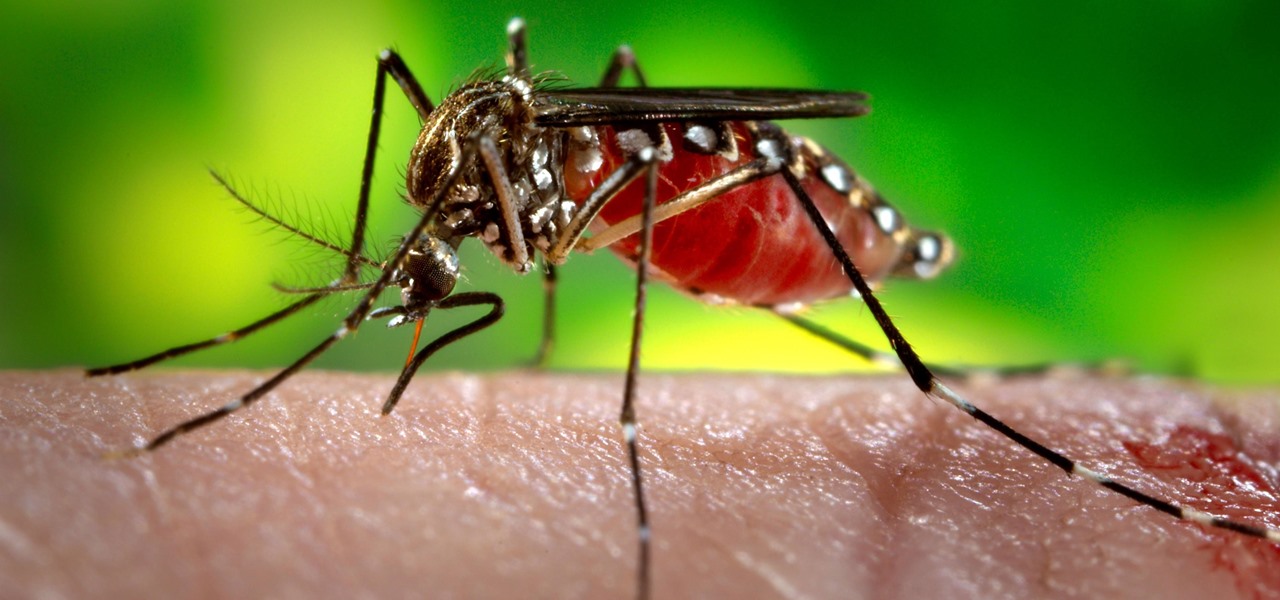









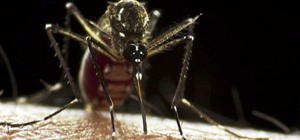




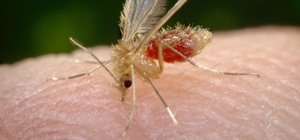




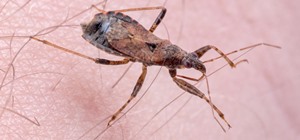






Be the First to Comment
Share Your Thoughts